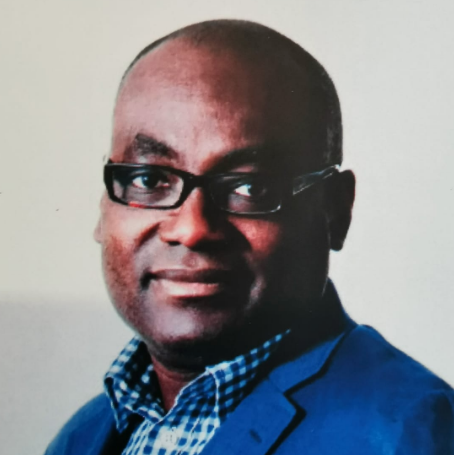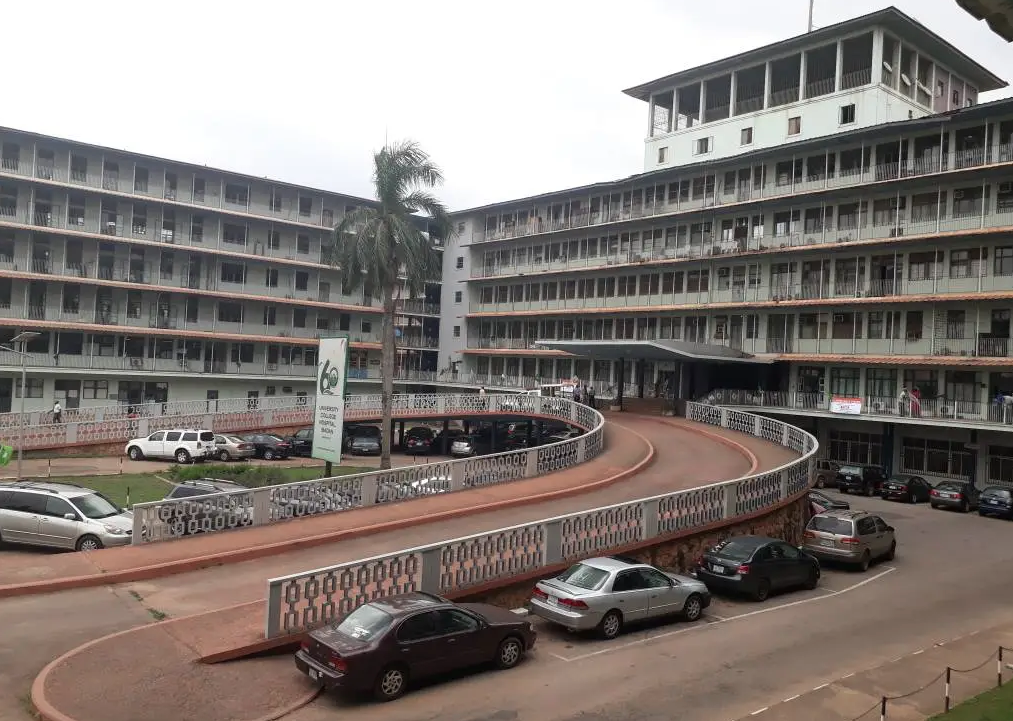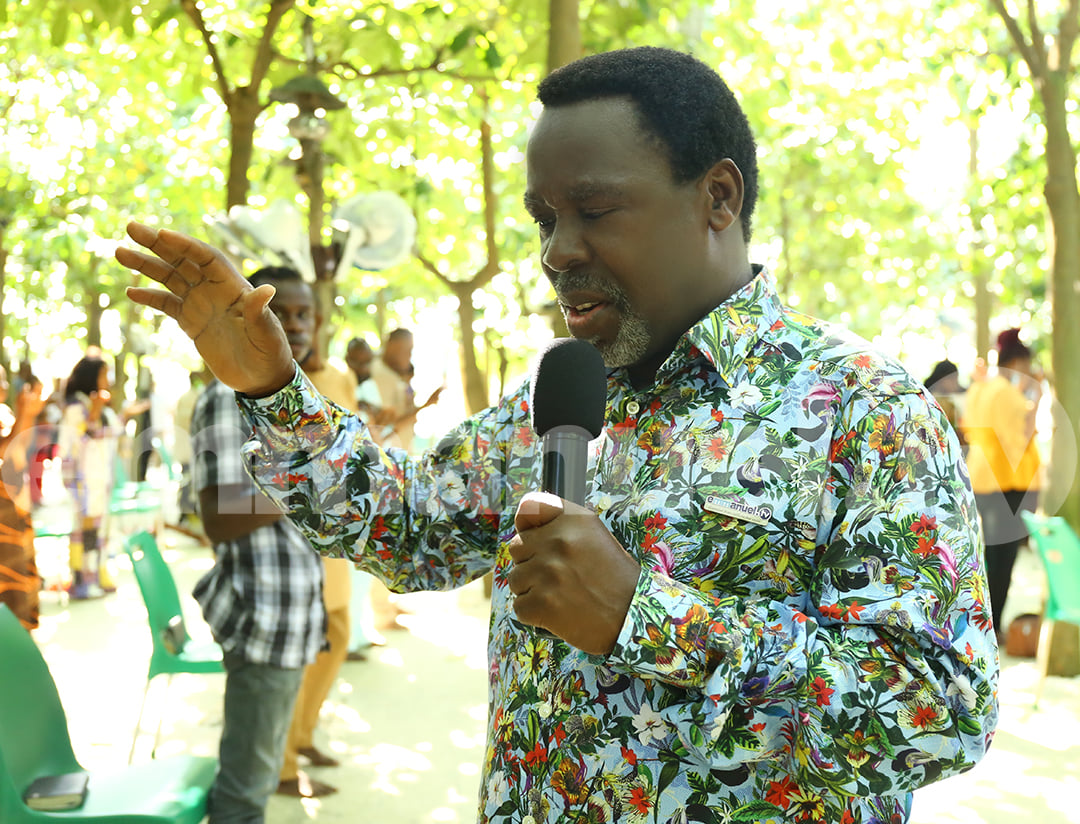What is a hospital for? Many might say that a hospital is an institution where the sick, the unwell, the wounded, the diseased and so on, are cured or made well. While this is no doubt true, the hospital is also a place where people go to die. Indeed, the hospital is an ironic conception in the sense that it is a pharmakon. A pharmakon is etymologically a Greek term that means something that is both good and bad or poison or cure. So, your pharmacy – apothecary – which derives from pharmakon contains both cure and poison.
So simply put, a hospital is an institution of care, – healthcare – a place where care is given, to those who need it, whatever that need may be. Therefore, the primary duty any hospital owes its patients is the duty of care. Care from the moment the patient steps through the door and util they depart, and upon departure, they feel better than when they first came in. It is through care that life is saved, pain is eased, wound is healed, pathologies are cured, and health is restored. A decent hospital aspires towards making its institution a beacon of care, to dispense care with especial care, to make its patients as comfortable as possible and to save more lives than it loses.
However, many hospitals in Nigeria have turned this basic principle on its head, reversed the ethos upon which they were founded. UCH Ibadan is the focus of this piece, but it could just as well apply to many general hospitals across the country.
University College Hospital is the only major general hospital in Ibadan, Nigeria’s largest city. There is of course Adeoyo Hospital (state owned) which predates UCH, established as a maternity hospital, later upgrading to a general hospital. There are also countless medical institutions besides, which self-describe as hospitals, but which are in fact not general hospitals but health centres or glorified clinics. There is no denying that these institutions do make the sick well by varying degrees, but at what cost?
Advertisement
UCH was founded during British colonial rule in 1952 but over that period it has gone from a world class medical institution into an ever-declining relic of its past. Consider that the population of Ibadan, and its many fold increase since 1952, and this one general hospital continues to serve an estimated population of over 4million, you begin to get an idea of the scale of the problem. Take this example. London has a population of 7million residents and over three hundred major general hospitals/clinics/health centres and the rest. But that’s London, a city with which we must not compare Ibadan. Fair enough.
But UCH has become not a hospital in which the principles of care predominate but rather a marketplace where patients are treated as commodities, to be traded and exploited at will. Care, the very principle upon which the hospital was founded, is down the list of priorities.
A corrupt cabal has gained dominance in that hospital where double and sometimes triple payments are extorted for the same treatment or procedure. Just to make payment is to travel through the valley of the shadow of hell. The payment system has been deliberately made convoluted and cumbersome both to frustrate patients as well as to generate illicit payments. It is an old corruption formula that uses bureaucratic process to literally turn paperwork into cash.
But that is just the start. So, you pay officially for a procedure, and then a nurse attends and tells you that you must make same payment to him or her, failing which the procedure, which only he or she can perform, will not be undertaken. They insist on being ‘settled’ before care and assistance can be given – not personal assistance, mind you, but professional assistance. Professional assistance? Yes, professional assistance for which the staff is remunerated. No protestation will suffice. Except you know someone, care is given to the highest bidder. To the highest bidder goes the service of life, while the poor languish in pain and suffering. Who cares? A kind of hell and paradise has now been constructed but upon the lucre.
Or a pregnant woman comes in and is persuaded to have C- section even when she does not require the procedure. But C- section comes at a cost, financial cost and the more of these procedures are carried out the more revenue flows into the coffers of goodness-knows-who? Or consider this: a pregnant woman pays the large fee for a C-section but gives birth before she could be wheeled into theatre, meaning that she did not need the procedure in the first place. So, she needs her fee refunded, right? Not quite. She still must pay for the delivery of her child. Yes, but what about refunding the fee for a procedure that was never done? Well, that would take a while because the ‘payment’ has gone into the system, as though into a rabbit hole. Meaning the refund might never happen or might happen with deduction of admin fees. A mini-industry thus develops in which many pregnant women are brought into theatre, anaesthetised and needlessly cut open, just so you can take home extra cash.
Advertisement
Everyone knows how corruption works in Nigeria, where you must ‘settle’ someone before your passage to the next stage of whatever you require is smoothened. But not like this and not in a hospital. The Hippocratic oath that doctors swear and the nursing pledge that nurses give are meaningless in this establishment.
While the world’s major healthcare systems practice what is known as ‘patient-centred care’, at UCH the reverse is the case since what obtains is ‘staff-centred care.’ In other words, the duty of care is reversed as to entail that the real ‘care’ is that offered by the patients to the staff. It is the patients that care for the staff, that scratch their backs, rub their palms, grease their elbows, provide more than their daily bread.
But how did we move from humanity to inhumanity? How, in the face such pain and suffering, the heat hardens still? Several explanations can be advanced for this development, but what is clear is that the road to perdition is paved with stairways upon which each step you take moves you further away from reason and care. It is the routinization of something that should not take place in the first place, or the normalisation of the abnormal that that blinds the eye to wrong-doing much like a cataract that stops the eye from seeing clearly. While hotel guests are treated with ultimate respect and care – yes sir, yes ma, – hospital patients, also fee-paying, are treated like dirt.
UCH is ‘terrible’, a ‘nightmare’, a ‘hell’, a ‘wicked place’. These are just some of terms that many have used to describe their experiences of the hospital. One man, in great distress having lost his wife, tears freely flowing down his cheeks, laments the fact he could not even retrieve her dead body. Now a cadaver for medical students to operate on. Even the dead are commodities. It is not clear for whom or what this man weeps: for his dead wife, for the body that he cannot bury or for a fate that has dealt him such a cruel hand?
Advertisement
No doubt there would be the chorus of denials and refutations and rejections and claims that all of this is nonsense. A collective gathering of protective flank and the closing of rank will ensue to reject any of these allegations. Not true, they would say. But expect no less. But denials are cheap. If UCH do deny that any of these practices go on in that establishment or that these practices are as widespread as has been alleged, they should institute a feedback initiative through a questionnaire system that asks patients a series of questions regarding their experience at the hospital. How satisfactory was their experience? How were they treated by the staff? How likely are they to recommend patents to UCH? How can UCH improve its services? Then perhaps they might get a sense of patient’s deep frustration with that hospital. But would they put such a system in place, a whistle-blowing initiative? Hardly.
The fact is that nurses and Doctors at UCH have become mini gods who possess the power to decide on life and death. Yes, UCH staff are Gods but although they won’t describe themselves as such or admit as much. But it does not matter because that is what they have become. They are the very representation of sovereign right to decides who lives and who dies. But most shocking of all, or perhaps not so shocking after all, is that these practices go on before or under the very eyes, ears and noses of the authorities, who either turn a blind eye, a deaf ear and a blocked nose to the fetid stench of a new form of pathology which they have created, the pathology of corruption. Where does the fish begin to rot and smell? It is about hearts that have hardened and become so desensitised to human pain and suffering and which now believe that they are doing nothing wrong. It is a system that you just have got to live with.
But of course, there are many good professional and dedicated staff at UCH. However, their numbers are few and their powers are limited to alter the prevailing status quo. These good men and women are themselves appalled at what they see and hear going on around them but have lost the power or strength to call for change. As for the patients, who would hear their wails and come to their assistance? They must accept the prevailing orthodoxy, return home, lick their wounds and find therapy in merely discussing their plight over dinner.
The problem is that these excretions are not confined to UCH but extends to other major teaching hospitals around the country. Where does one begin with LUTH? It is a general malaise, a national disgrace, a thing of shame and embarrassment.
Advertisement
Views expressed by contributors are strictly personal and not of TheCable.
Add a comment







